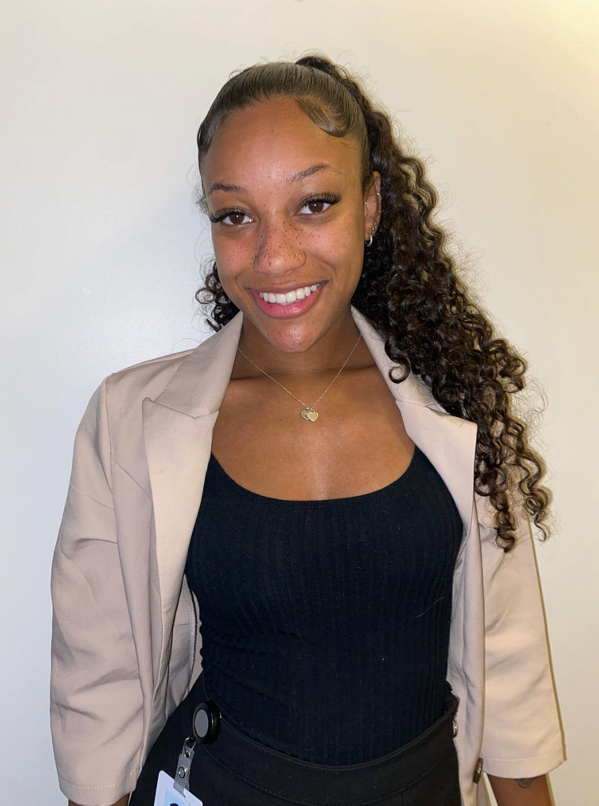This article written by Jennifer Good, Associate Professor of Communication, Popular Culture and Film, originally appeared in The Conversation.
Humans are a species borne of the heat, as hot and dry temperatures played a key role in our evolution, and many of us (at least in the United States) prefer to be in the heat.
We as a species have known for decades that the carbon-fuelled actions of some nations meant that devastating heat and related extreme weather events were coming.
And yet, most of us did nothing.
The summer of 2023’s unprecedented forest fires, floods and rising ocean temperatures are the consequences of collective inaction and while there are many reasons for these failures to act, humanity’s complex relationship with heat is arguably a critical one.
The comfort, and dangers, of heat
At a fundamental level, heat is what allows for humans and the Earth’s biological diversity to exist. A stable core body temperature facilitates human survival and the greenhouse effect facilitates all life on Earth. However, while heat may be essential to life, and desirable to many, too much heat is devastating.
One way to articulate this complex balance has been to use the metaphor of a fever. If a human’s body temperature increases even a couple of degrees, then an illness is likely occurring. If a person’s core body temperature increases only three to four degrees celsius it can be fatal. Likewise, a rise in planetary temperatures above just 1.5 C could be equally fatal.
A seemingly easy to understand threshold. However, in practice, communicating a 1.5 C tipping point has been extremely challenging. Humans generally struggle with disentangling short-term daily temperatures from a long-term climatic shift and as a result fluctuations in temperature have been easily misunderstood. And confusion over these questions are readily misused to question the veracity of an anthropogenically induced changing climate.
All under one greenhouse?
An early attempt at circumventing our innate fondness for heat in climate change communications was through leveraging the term greenhouse effect — a phrase which notably removes heat from the equation altogether.
Knowledge of the greenhouse effect goes back to the mid-19th century. In the latter half of the 20th century, the term became an evocative label for what the burning of fossil fuels was doing to the planet.
But the term is inaccurate.
The greenhouse effect is the well-established phenomenon of the Earth’s atmosphere trapping the sun’s radiation and allowing the planet to be a warm and hospitable place. Using the greenhouse effect as a term referring to the warming of the planet due to the burning of fossil fuels conflated a naturally occurring and well-established phenomenon with an unfolding anthropogenic disaster to confusing results.
In response to this limitation, global warming increasingly became the terminology of choice for the changing climate — phasing out the banal inadvertent climate modification which had also been in use since the 1970s. So much so that by the 1990s, it became the single most used term. But this also had challenges.
Warming has a certain coziness and as climate change researchers Julia Corbett and Jessica Durfee highlighted, ‘global warming needs a more salient metaphor that emphasizes its seriousness, immediacy and scientific credibility.’
Global warming was also a narrow term, as global average temperature increases would cause a range of extreme weather effects
In response to these limitations, the term climate change gradually came to replace global warming as the most widely accepted and used descriptor. Though more recently, this somewhat benign term has been altered again by some to more accurately address the urgency of the situation.
For example, in 2019 The Guardian moved from using climate change to the terms climate emergency, crisis or breakdown in response to climatic effects of ever-increasing severity.
This confused discourse has led to even further confusion and arguably hampered climate change mitigation efforts for decades.
Too much of a good thing
Research indicates that in the summer of 2022, over 60,000 people in Europe alone died from extreme heat. July 2023 was the hottest month ever recorded and it is increasingly looking like 2023 will be the hottest year on record. Heat-related deaths are mounting and the heat is being exacerbated by raging fires and extreme ocean temperatures.
Human beings, alongside all life, exist on Earth because of a delicate celestial balance of gasses that trap the sun’s warmth. For millions of years, this greenhouse effect has made Earth a miraculously habitable orb in the coldness of space.
While all human beings have a complex — and often positive — relationship with heat, in the Northern Hemisphere it is something which many of us particularly crave. However, the reckless pursuit of it (among other comforts) through the burning of fossil fuels has turned heat from a source of life to a harbinger of doom for all.
It is only through confronting this complex relationship — by accepting the inherent dangers of more heat — that we can hope to seriously pursue real action on fossil fuel emissions.











